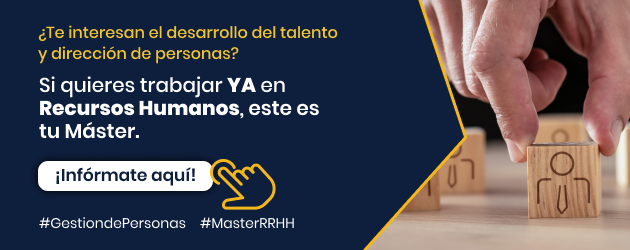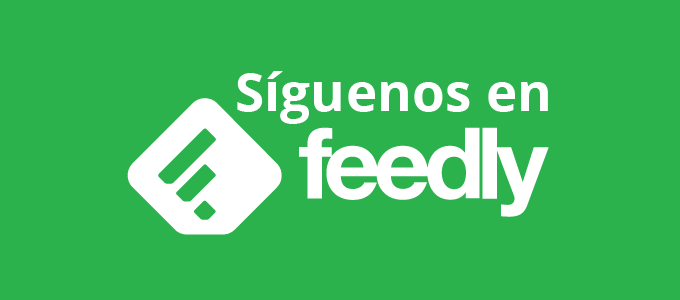By Gema Campos, teacher at Master in HR Management of the EIP International Business School
Trust begins and is lost in leaders. Keys to promote it from HR.
The human being is programmed to live with a zone of comfort and tranquility, in fact, when we leave it, alert mechanisms are quickly set in motion that generate stress and in many cases anxiety, produced by the sensation of feeling incapable of addressing the unknown or what is about to happen.
Well, it seems clear that this is the situation we are experiencing on a personal and organizational level.
We live in a double uncertainty: We don't know what's going to happen, and if it happens, we don't know what's going to happen. All of this represents a brutal shock to our mental schemes. We have to learn to live in uncertainty and manage it, because it seems clear that The only constant from now on will be change, but are our teams and our leaders prepared for it? My answer is no, since change requires a modification of our mental models, of our way of thinking, and in most cases we do not pay it the attention it deserves.
Another fundamental issue to continue guaranteeing the efficiency of the organization and the well-being of the teams is build trust (even) in times of maximum distrust and nervousness. because it is necessary? Well, because when we do not feel that confidence, stress occurs, decisions get stuck, ineffective communication, demotivation, little receptivity to proposals or changes, etc., which can lead to loss of talent, bad reputation, absenteeism, poor performance, decline. of productivity, conflicts, resistance to change, etc. You just have to think about yourself, what you feel or what happens when you don't trust the other person or what they represent.
So, If it is so important to generate trust in our collaborators for the survival of the organization, what can we do from HR? I share some keys with you:
- Transparent and two-way communication. Shared and argued decisions. From Management and HR we must create an open, transparent communication flow not only aimed at giving information, but also at receiving and generating participation and new initiatives. Sharing results, challenges, fears, etc., helps generate commitment.
- Back. Employees must feel that they are important and that they are supported by their manager and the company. They understand that they will do everything in their power to ensure their safety.
- Vulnerability as strength. It's not about seeing weakness as a strength, it's about sharing our fears, asking for help, assuming our mistakes, admitting that sometimes we don't have the solution. When we do so, we generate empathy and trust. Our leaders should not try to hide this vulnerability, but rather assume that, as human beings, we are vulnerable. Only then will they accept us and believe in us.
- Train our leaders. On many occasions, our commanders do not have the necessary capabilities to manage these moments, nor to manage themselves, and You can not give wha you do not have, so they will not be able to generate trust if they do not trust themselves. We are going to accompany them with leadership, coaching, emotional intelligence programs, etc.
- Understand the need for change. What will happen if we don't change? Why is it necessary to change? Let's start with this awareness. If this idea is accepted, resistance will decrease and confidence will increase.
- Development and training. If we want our teams to develop new skills, competencies and new ways of working, it is key to train them (give them all the necessary resources), and not just train them.
Stephen R. Covey uses the metaphor of the emotional bank account. He explains that trust is like a bank account. It is about continually making small deposits, so that, if one day we take out, you have a favorable balance. The problem is that there are many organizations and leaders who withdraw without having available, or withdraw more than they enter or withdraw large amounts. and I ask you What balance of trust exists in your company?
Remember: lack of confidence is a toll towards lost opportunities.
Do you want to specialize in HR Management?
The Master in Human Resources Department of the EIP International Business School, will enable you to assume all the own functions and responsibilities of a HR department, with special focus on two large areas: the Labor Administration and the Talent management. We live in a world that is constantly changing, which is why it is It is essential to be continually updated in terms of knowledge and skills.




































